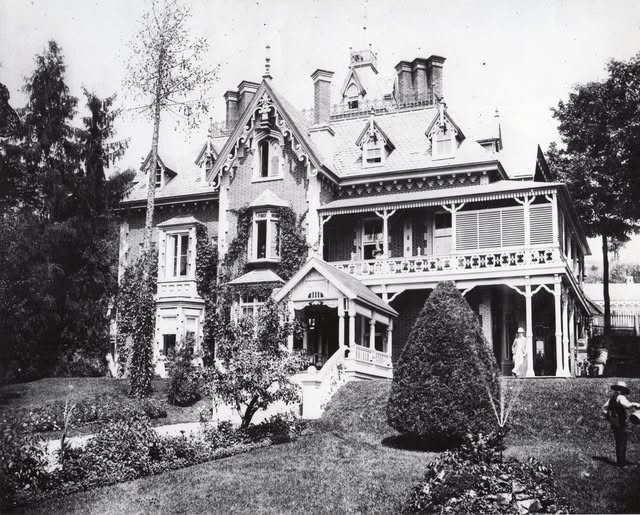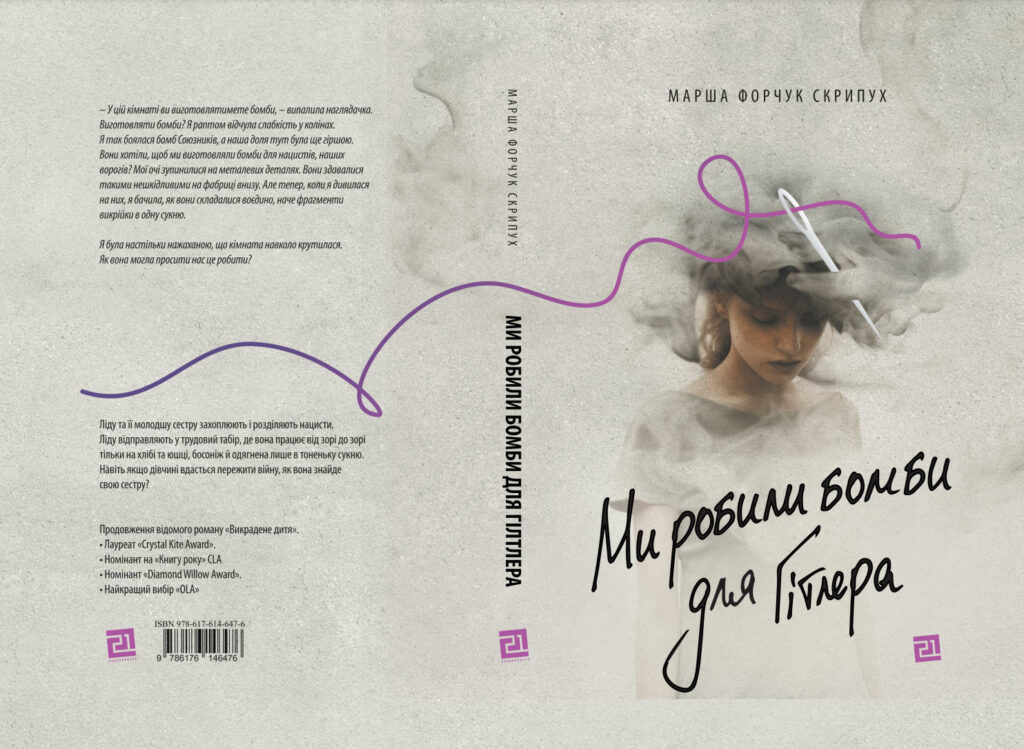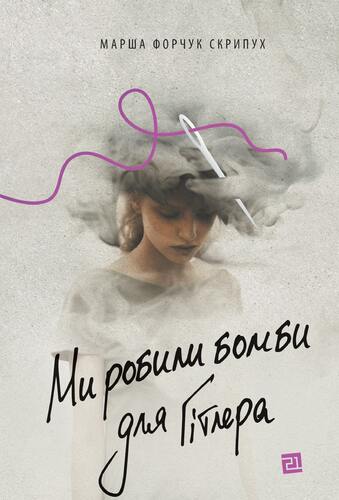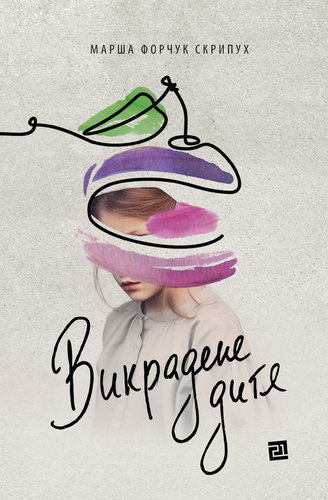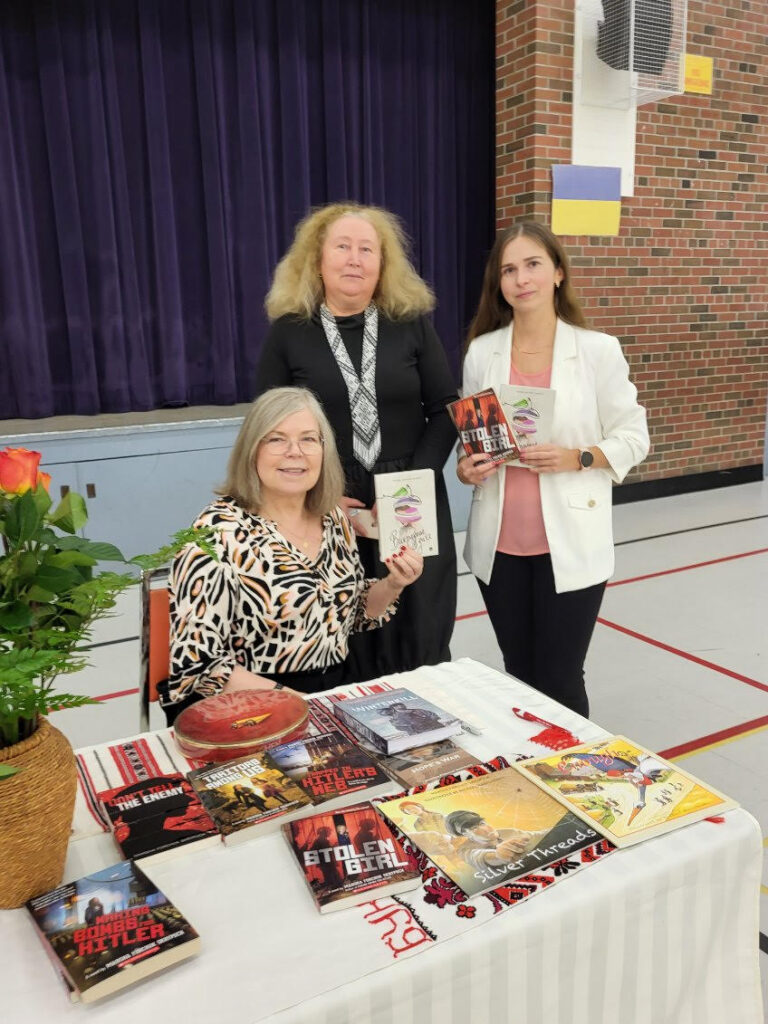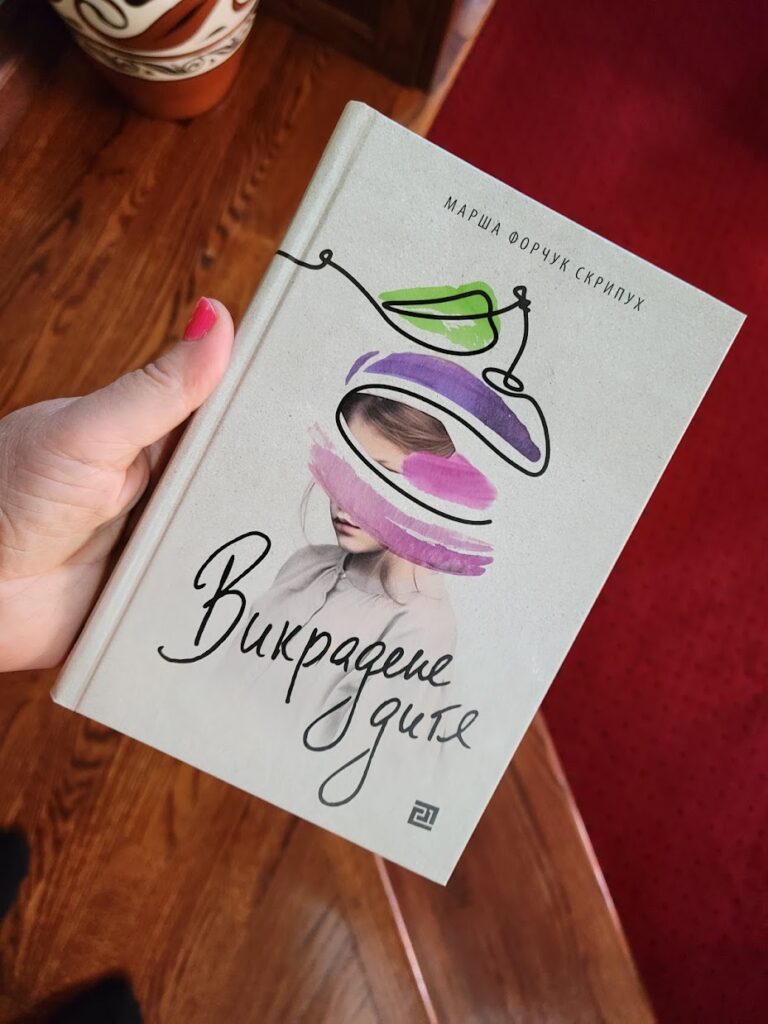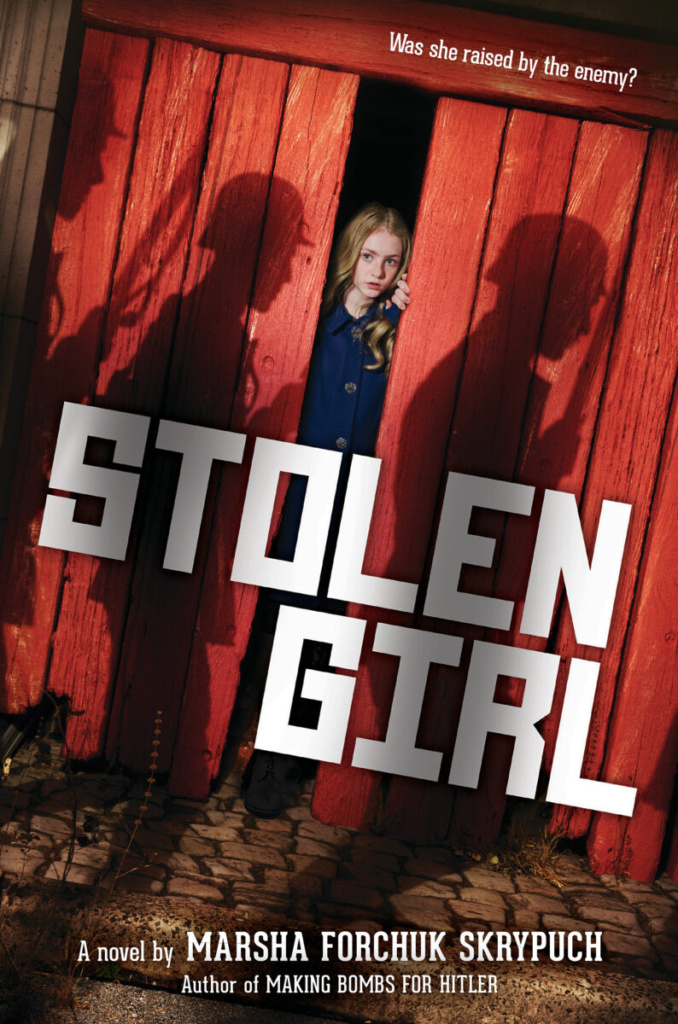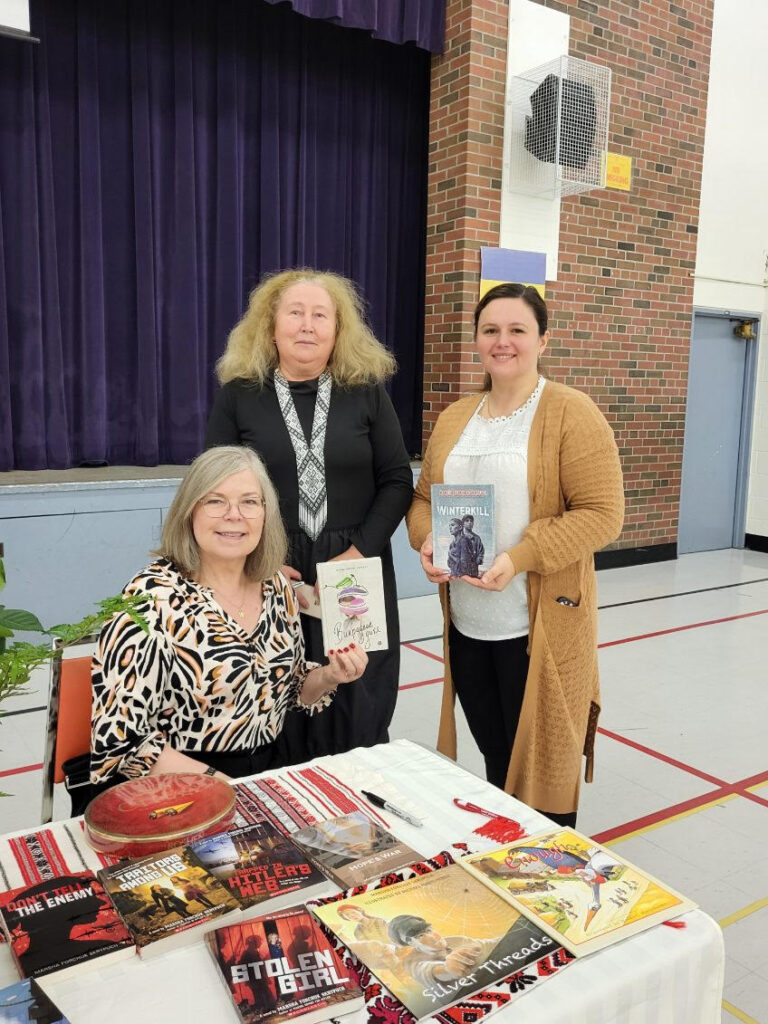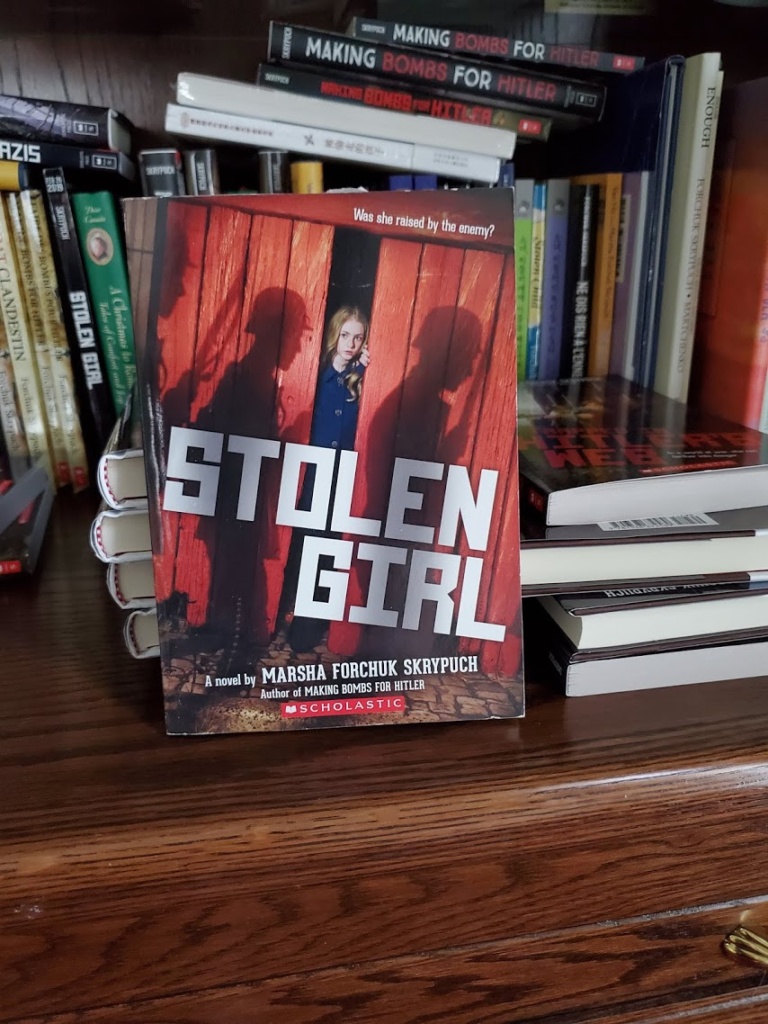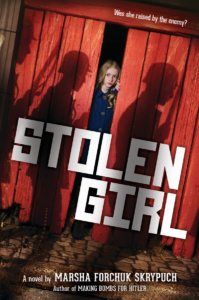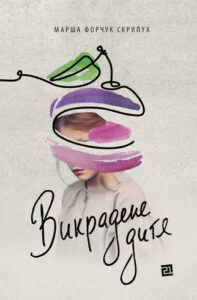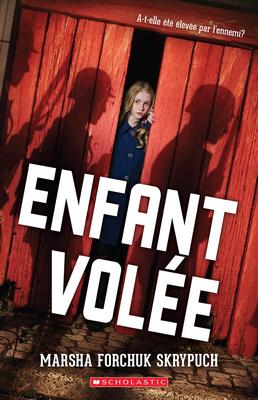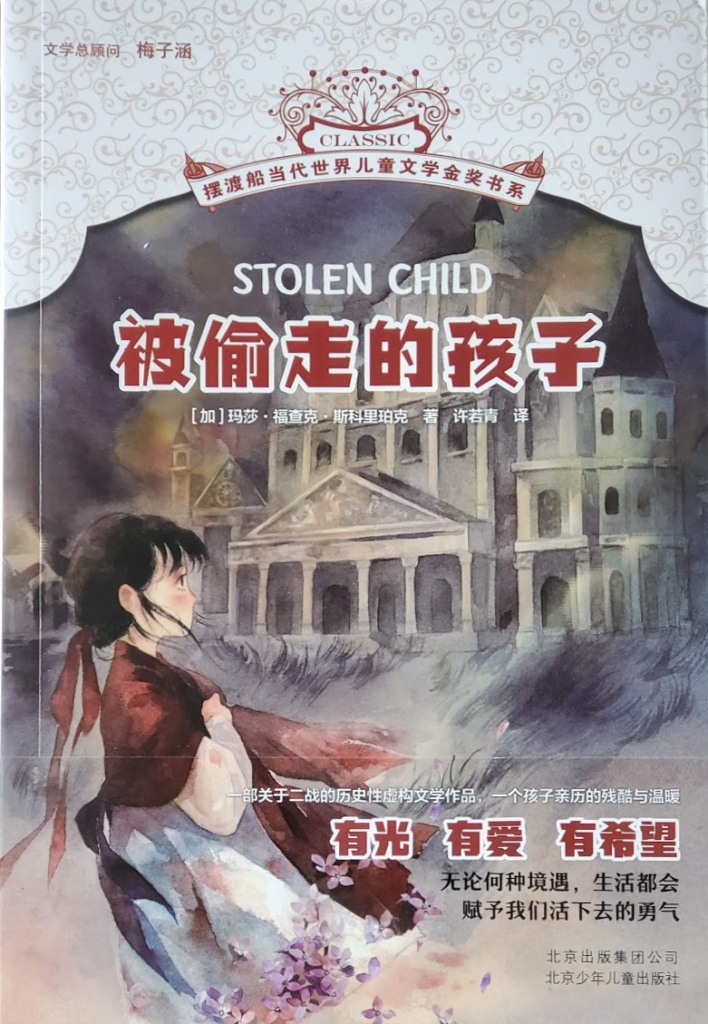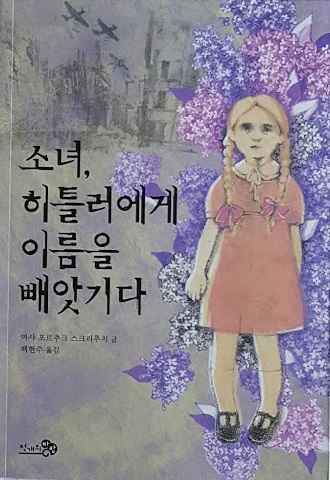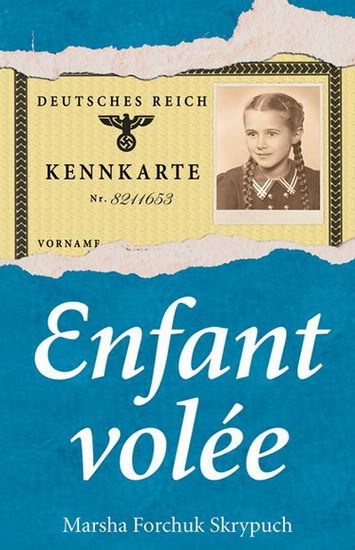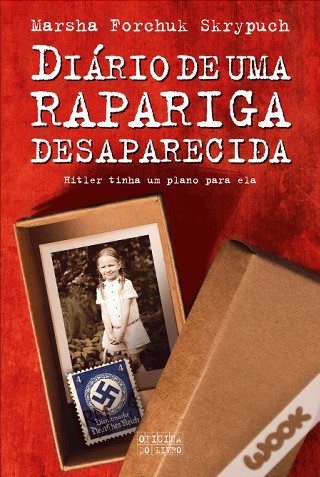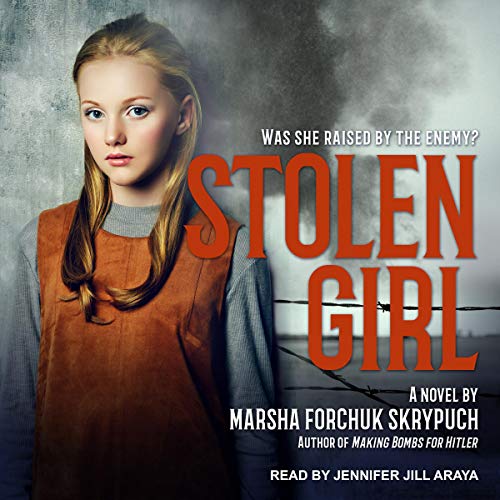In mid February I had a virtual visit with 6th grade students in Quebec. There were so many questions that I couldn’t answer all of them before the bell rang so I told their teacher I’d be happy to answer by email. Here’s our exchange:
Dear Ms. S, So nice to hear from you! I loved visiting with your students. Thank you so much for donating to the Canada-Ukraine Foundation and thank you for all that you do to encourage a love of reading with your students.
As to your students’ awesome questions, here are the answers:
Question one: Out of the trilogy including Stolen Child, Making Bombs for Hitler, and The War Below, which book is your favourite? – from Luca.
Dear Luca, I love each of these novels for different reasons, but I would have to say that The War Below is my favourite, partly because Luka was such a strong and unexpected character who walked into Making Bombs and was so important to Lida that I had no choice but to give him his own book. Also, the opening scene, where he’s hiding among corpses, is my all-time favourite opening book scene.
Question two: Why do you like writing books? – from Marley
Dear Marley, I love shining a light on people who have lived through extraordinary times but who have been ignored. I think the more we know about other people’s struggles, the better we’re able to deal with our own struggles. Whenever I finish writing a book, I’m glad to finally write The End and I really try to take a break, but then another story shows itself to me and I have to write it. I have to find out more about that person and their circumstances — to honour that experience, and to share it. If I didn’t write these stories into books I think that my head would explode from holding them all in!
Question three: Which character in which story can you relate to more? – from Alexia
Dear Alexia, the character that I most relate to is Larissa/Nadia/Gretchen in Stolen Girl/Stolen Child. The reason is because a lot of the scenes in this book relate to my own life. The scenes in the Brantford Public Library are inspired by my own trips to that same library because that’s where I taught myself how to read, and in fact, many of the books that Nadia selects are the ones that I selected. The librarian is also based on real librarians from my childhood — their kindness, empathy, and their conviction that loving books meant loving life. Nadia walks through the streets of my childhood — her in the 1950s, and I did that in the 1960s. The local castle (Wynarden Castle) she passes is one that I was obsessed with as a child. I was bullied as a child in elementary school, and so we share that as well. Also, the inspector at the school is based on a music supervisor who was a nun who would go from school to school. Her name was Sister Noella and I was terrified of her as a child, but after she retired, I visited her and interviewed her for the newspaper. Here’s the article:
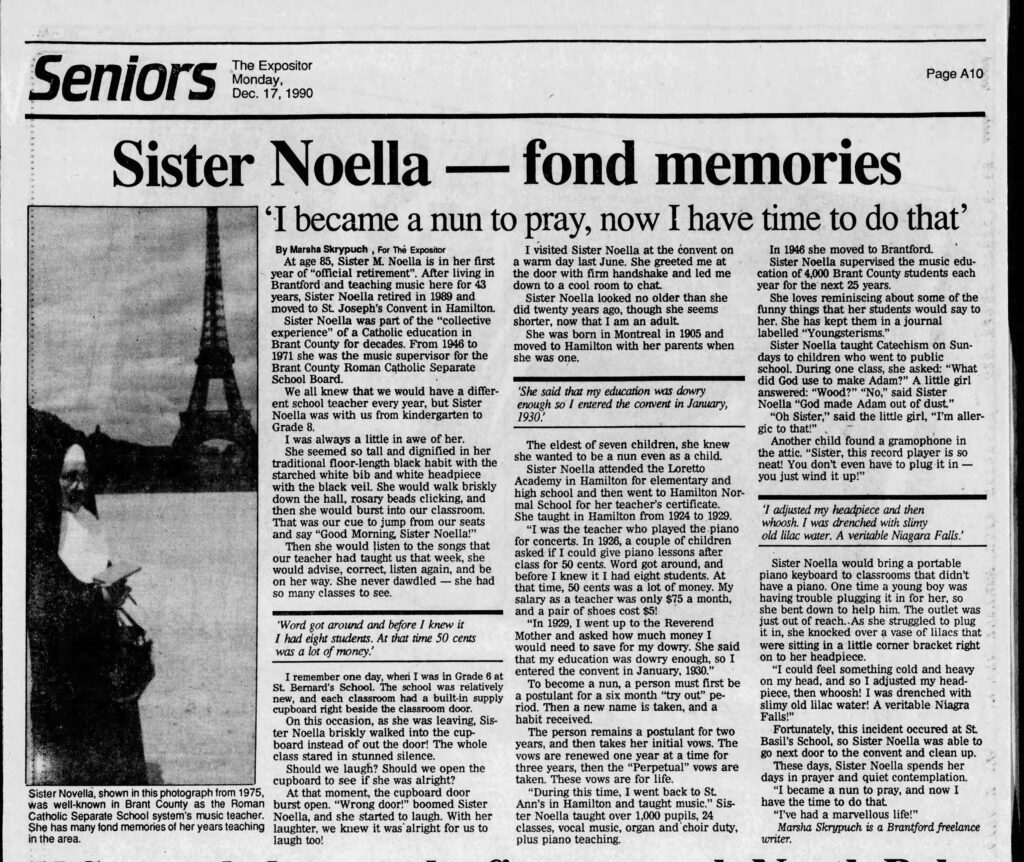
Here’s the real castle in Brantford:
